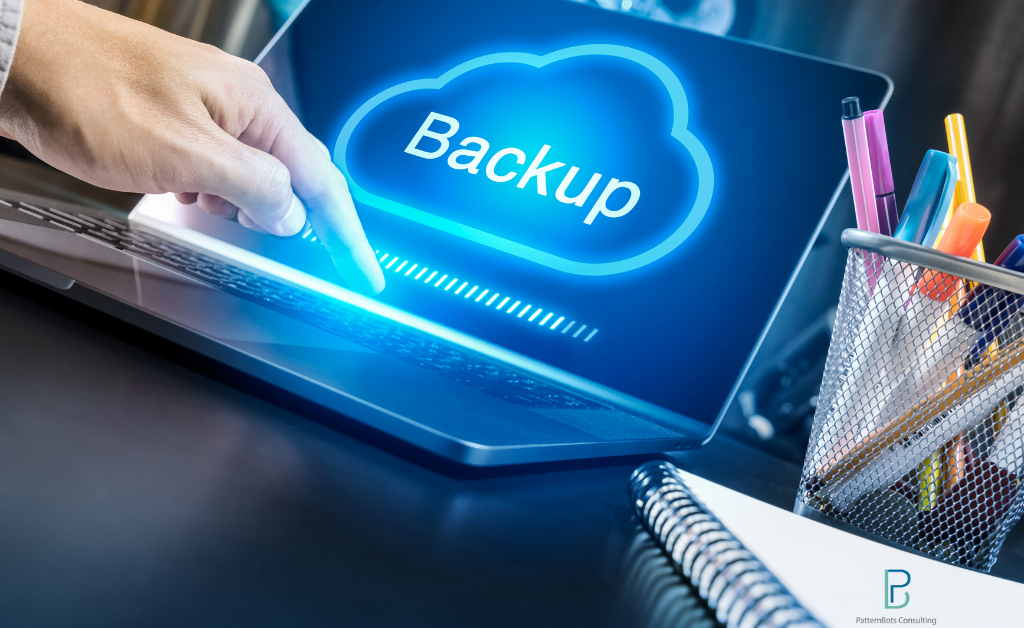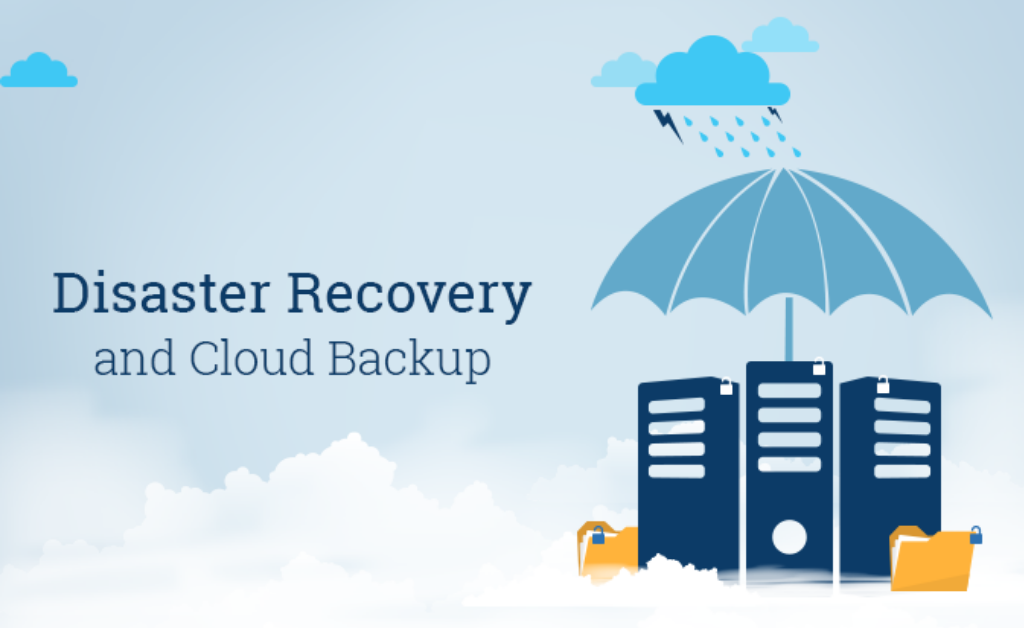
Let’s learn about the cloud back strategy and recovery and its advantages and limitations through this article. Let’s check how it will fit in the backup strategy and prevent downtime and data loss.
For small and medium-size business downtime cost an average of $8000, and this cost increases in the case of medium and large organizations.
With the threat of ransomware, cloud backups can’t be an afterthought anymore. In the case of the budget allocation list, data protection is used farther down the priority. Today organizations can’t afford to risk downtime and data loss, and breach. Let’s take a closer look at the merits and demerits of cloud backup and recovery.
Before we move further, let’s first understand what exactly cloud data backup is all about?
Cloud backup is the combination of cloud technology and recovery. Cloud refers to offsite data centers provided by cloud service providers such as Microsoft Azure, Amazon Web Services (AWS), etc. Data backup provides a secure copy through which you can restore data. These two can be used together to store backup in the cloud.
With its context to advantages and disadvantages, very innovative solution comes up. Cloud backup is no exception. Let’s have a look at the advantages and disadvantages of cloud backups:
Advantages and Disadvantages of Cloud backup and recovery
Recover data from any location of hardware
Cloud backups recover business data regardless of place and availability. There is no restart to the physical manual server without cloud backup, changing any corrupted hard drives, and fixing network issues. as long as your target hardware is running, your cloud recovery needs a few clicks. Business data can be used to similar or dissimilar hardware. You can set up a new backup without losing much if your primary production fails. And if the primary production is fixed, you can restore it to the same hardware. The major difference is that cloud backup does not provide direct access to data. To access data, you have to restore it somewhere first. “Dehydrated data” well it is the backup data stored in the cloud which means it is in a compressed format and cannot be read directly.
Cloud disaster recovery

In the event of a disaster, a cloud disaster recovery service enables you to hydrate data. Hydrating data means restoring data in a directly readable format. The timely restoration and access to data effectively with minimum delay reduce downtime and recovery time objectives. This is very useful in case of natural disasters, hardware failure, and ransomware attacks.
Less hardware Less maintenance
Cloud backup and recovery doesnot need any extra hardware as to set up all you need us to install backup agents on the system. Once you are done with the installation, configuration, and restoration, most of the task is taken care of by itself.
These are the benefits you get from the absence of hardware:
- Cost of hardware is cut to zero.
- Maintenance and hardware power consumption gets down to zero.
- To manage data protection, less IT staff is required.
- The installation and setup process takes few hours to finish rather than months.
- Data management is simple, easy, and cost-effective.
Easy compliance
Securing customer data is of high priority, and thus regulations such as HIPAA/ HITRUST, FedRamp, CJIS, FISMA are implemented. Compliance is a challenging ordeal and is a complex process. Cloud backup help with compliance as most cloud service providers invests aggressively in data security.
Although just using a compliance service does not make an organization compliant. Simplify your compliant journey by using cloud backups.
On-demand resource consumption
Cloud backups are easily scalable and have the capability to create an opportunity for cloud users when it comes to data growth. what makes cloud back more affordable is on-demand resource consumption. It is a great for businesses to spend less and get more. with growth in backup data, cloud users can add CPU, RAM, and storage capacity.
Maintain backup cost as per consumption
What helps in controlling cloud backup cost? 0n-demand resource consumption helps users pay for what they use. Though hardware requires significant investment upfront and the bulk even remains unused most of the time for long.
Cloud backups are not an actual alternative to hardware but surely play an important and effective data protection strategy role.
Disadvantages of cloud backup and recovery
Internet is inevitable for cloud backup and recovery
The basic disadvantage of putting backup data offsite is internet access. No internet means no backup data and restoration.
Full data restoration takes time.
In case of entire production environment fail, cloud backup takes longer to download and restore. The recovery speed depends on the volume of data, internet speed, bandwidth, and hardware capabilities.
Don’t get confused by cloud disaster recovery, as cloud disaster recovery is all about recovering operations by restoring data to the cloud. But restoring data from the cloud to hardware is time-consuming.
Frustrating technical support
Public cloud service providers are not known for quality support. Support request depends on the type of issue and consists of back and forth emails, long queues, months of resolution time. The quality of private cloud support depends on the vendor. The same thing goes for third-party service providers.
The bandwidth required for regular cloud backups
You can schedule cloud backups on an hourly, daily, weekly, or monthly basis—schedule backups in real-time for hot-tier workloads. Bandwidth consumption tends to be high depending on business priorities.
It will be safe to say with businesses using data regularly for backups, then the data protection system will need a greater part of the bandwidth. Cloud backup creates the challenge of distributing available bandwidth between cloud backups and daily business operations.
Conclusion
Cost-effectively secure your critical business data through cloud backups. For the bulk of your order, it will automate routine tasks and simplify data protection. Cloud backups is not only a necessity but a business asset when configured correctly. If you are looking for cloud backup and recovery services and you want to discuss the idea feel free to contact our experts. We at PatternBots work by closely analysing business requirments and critical changes.